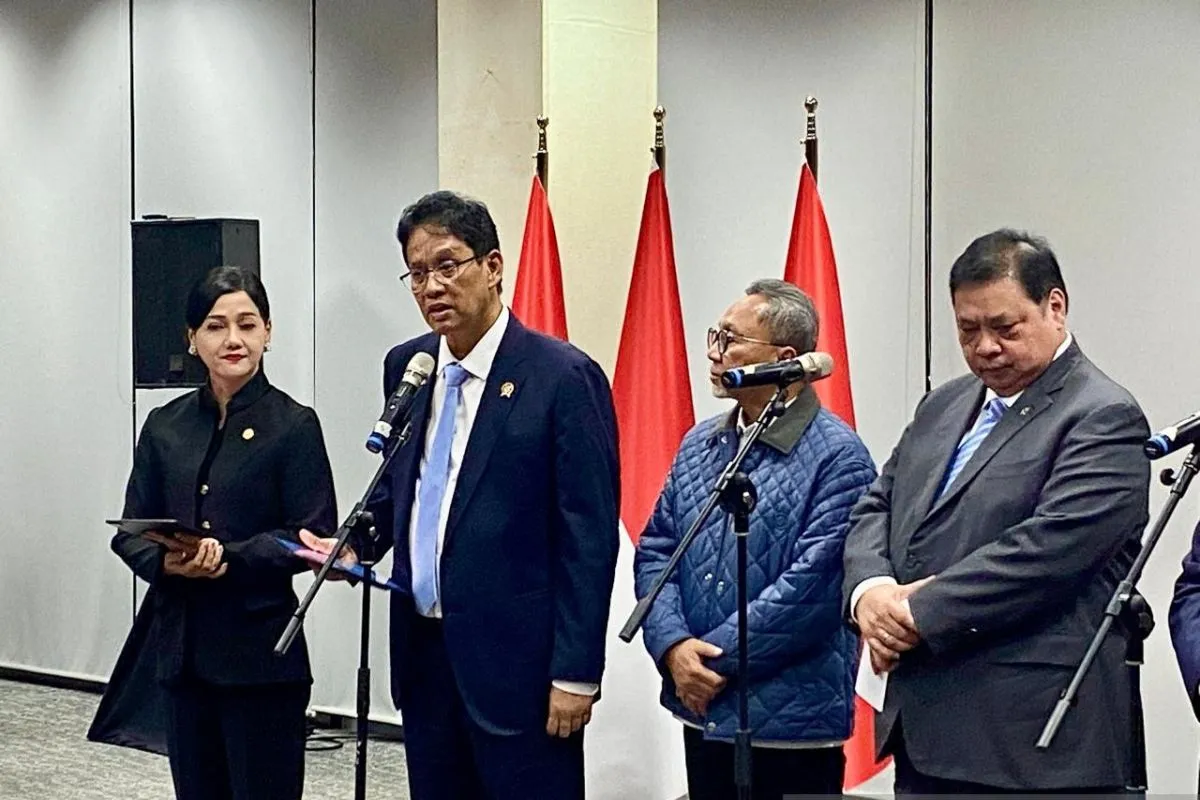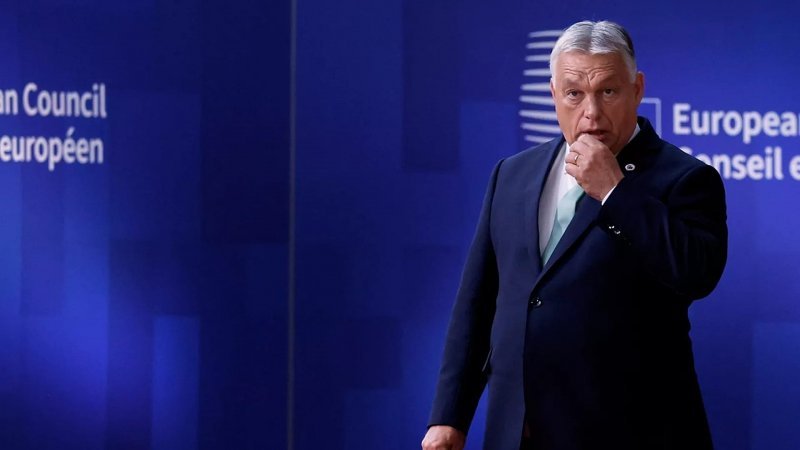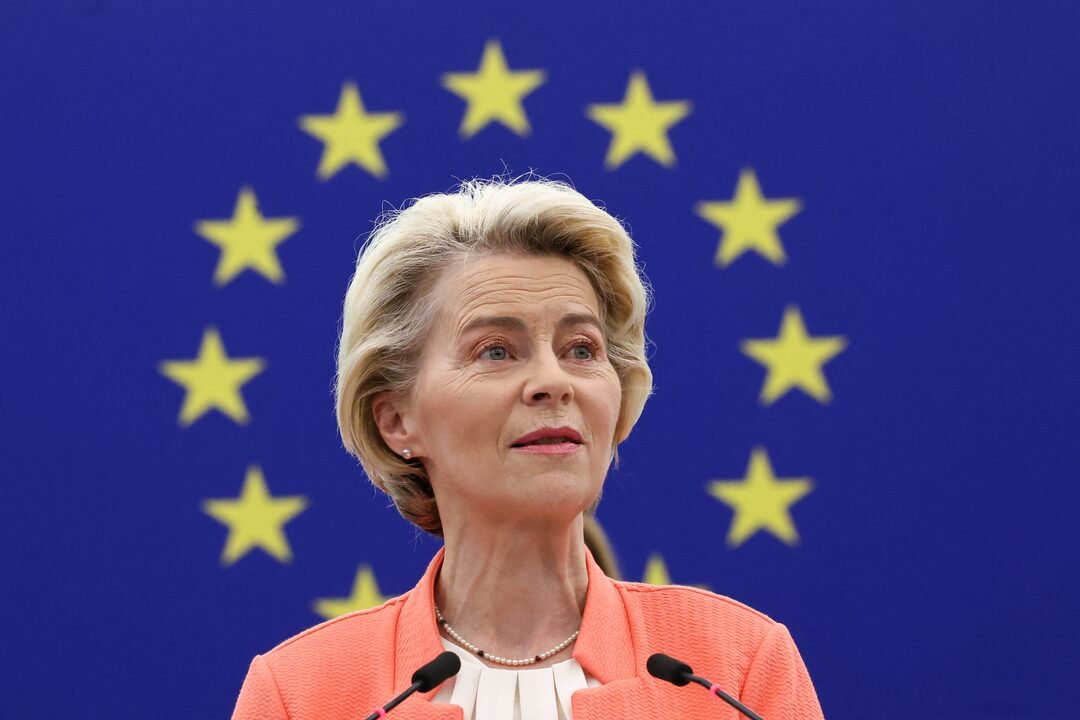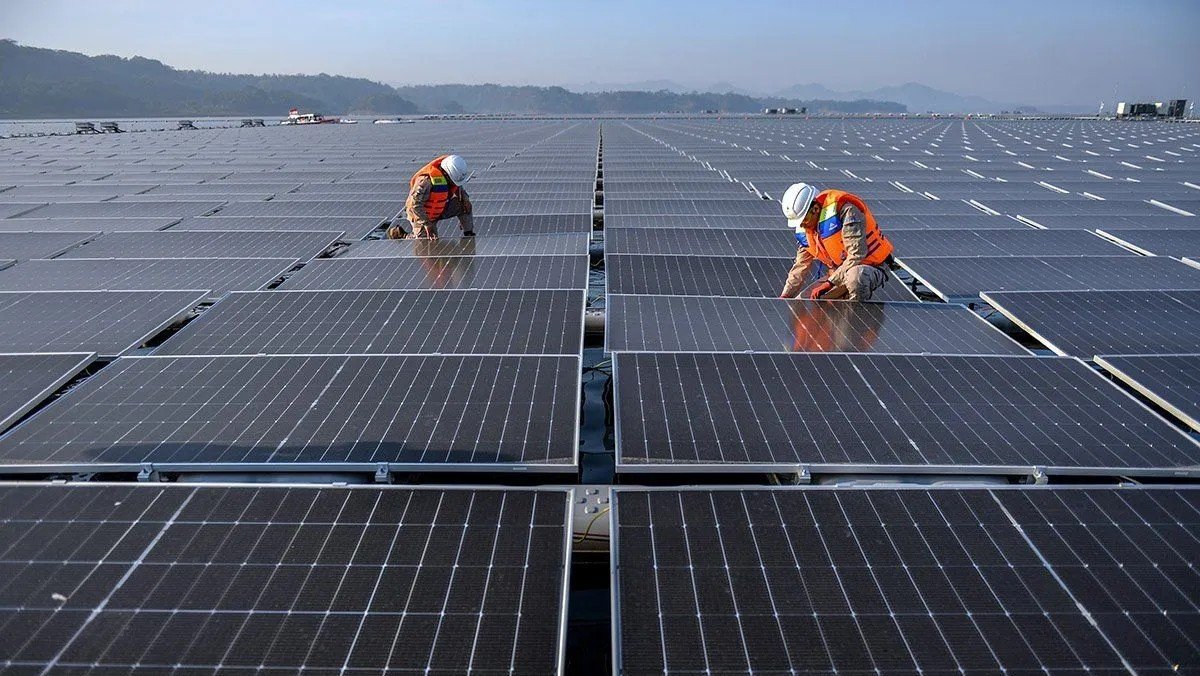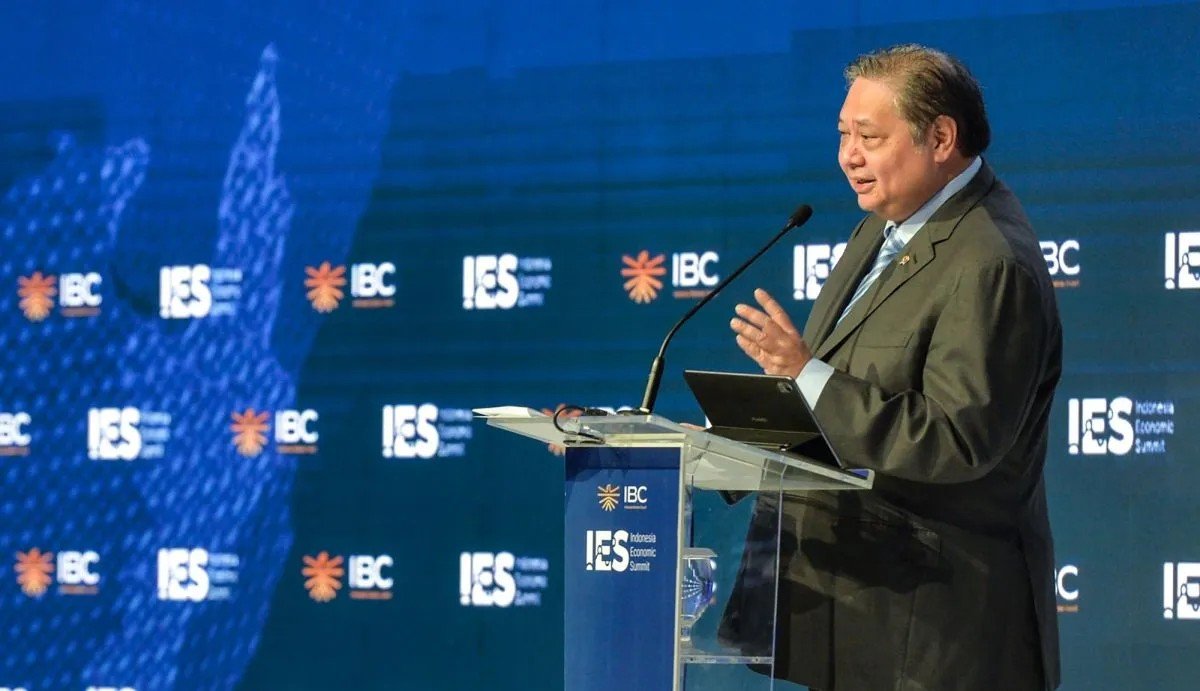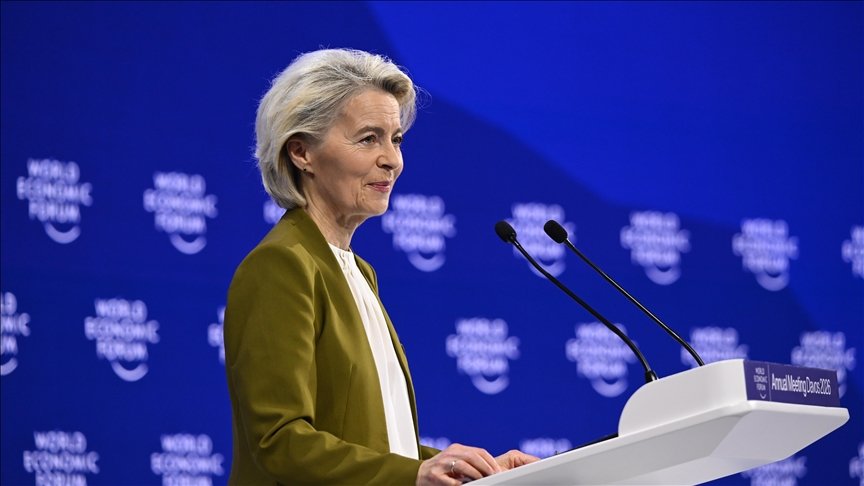Jakarta, July 15, 2025 – The Europe Today: Indonesia’s Ministry of Foreign Affairs has expressed optimism that the European Union’s “visa cascade” policy for Indonesian nationals applying for multi-entry Schengen visas will be implemented by the end of July 2025.
According to a press statement received on Monday, the visa cascade policy is among the tangible outcomes of President Prabowo Subianto’s official visit to Brussels, Belgium, held on July 12–13.
Ministry spokesperson Rolliansyah “Roy” Soemirat emphasized the significance of the policy, noting that it would bring direct benefits to Indonesian citizens, particularly those who travel frequently to EU countries for various purposes.
“This policy will enable Indonesians to travel more easily to Europe for business, investment, education, or simply to build and strengthen networks,” Soemirat stated, underscoring its potential to further enhance people-to-people connectivity.
He added that Indonesian travelers to Europe are expected to contribute tangible benefits to the EU countries they visit, supporting deeper bilateral and regional ties.
To facilitate smooth implementation, Soemirat called for the proactive support of EU member state embassies in Indonesia in handling multi-entry Schengen visa applications submitted by Indonesian passport holders.
The visa cascade policy was formally announced by European Commission President Ursula von der Leyen during her meeting with President Prabowo at the Berlaymont building in Brussels on July 13.
“I am pleased to announce that the European Commission has adopted a decision on the visa cascade,” von der Leyen said. “It means that from now on, Indonesian nationals visiting the EU for a second time will be eligible for multi-entry Schengen visas.”
She added that the initiative aims to make it easier for Indonesians to visit, invest, study, and connect with Europe. “In short, we are building a bridge between our societies,” she concluded.
The move marks a significant milestone in Indonesia-EU relations and reflects a growing mutual commitment to closer engagement across multiple sectors.


